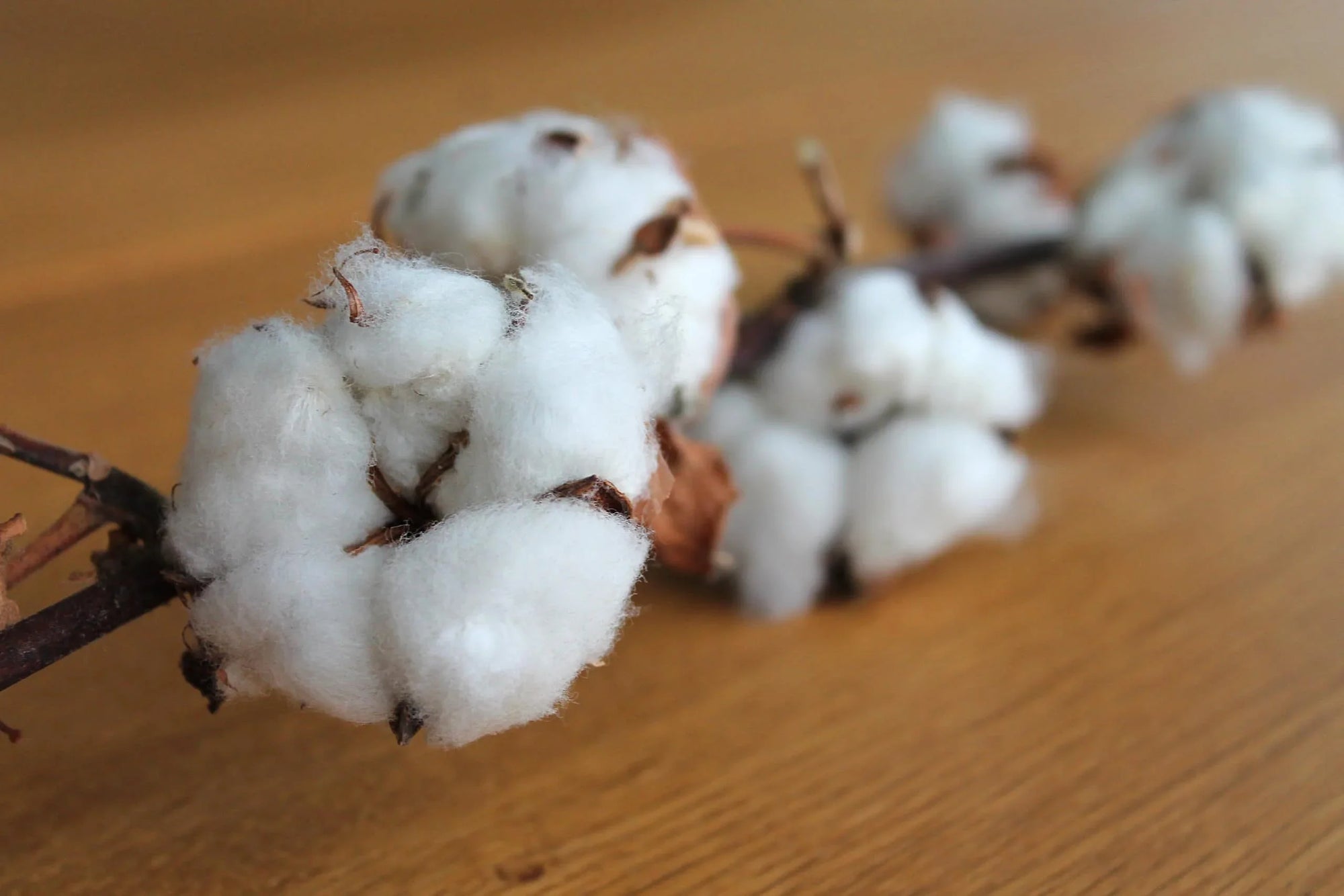5 Reasons Why Organic Cotton is Better Than Regular Cotton
If you have a look at your closet, there is a good chance that you will find a lot of clothing made from cotton. And that is no surprise. Cotton is one of the most widely used products in the fashion industry. With such high demand, you can imagine that the production of cotton has changed drastically over the years. Genetically modified seeds and toxic chemicals push production. To give you an idea: it takes an entire pound of chemicals to produce enough cotton for just three t-shirts. Thankfully, there is an alternative! Read on to learn more about the differences between organic cotton and regular cotton. Spoiler alert: organic cotton is always the better choice.
Why We Choose Organic Cotton - And You Should, Too
1. It’s environmentally friendly.
Conventional cotton production uses about 16% of the world’s insecticides. Farmers have to protect their crop from pests and insects, but those chemicals end up in the ground, the water, the crop itself. On the other hand, when you think of organic farming, think of beautiful, healthy fields. They are not treated with synthetic pesticides or fertilizers, so no toxic chemicals are poisoning the soil or plants. Instead, farmers use sustainable processes like crop rotation or beneficial insects to maintain soil fertility and encourage biodiversity.2. It’s a safe & healthy option.
Since no toxic chemicals are needed to grow organic cotton, farmers are not exposed to those toxins. Their work environment is much safer than that of regular cotton farmers. We as consumers are protected as well: we don’t get the same chemicals on our skin and absorb them into our system, like we would with many non-organic or synthetic materials. Organic cotton is safe and hypoallergenic, ideal for sensitive skin.3. It saves water & reduces water pollution.
Yes, technically this belongs to the first point about protecting the environment, but we think this is too important to not highlight it individually. Cotton is a very water intensive crop. On average, it can take about 2700 liters of water to make a conventional shirt. Sustainable farmers use smart ways to conserve and maximize water usage, like collection of rainwater. Also, the healthy soil of sustainable farming can retain more moisture by itself, so less extra water needs to be added. This way, water consumption can be reduced by up to 90%! Also, the water that is used in organic farming is not polluted with chemicals, so the groundwater and thus, fresh water sources are not contaminated. Again, healthy environment, healthy farmers, healthy consumers.4. It has a smaller carbon footprint.
The sustainable production processes used by organic cotton farmers reduce the amount of CO2 emissions. How? They simply need less energy during production: 62% less energy than conventional cotton production. Learn more about what we do to further reduce our carbon footprint and how you can help, too.5. It's comfortable and of higher quality.
Organic cotton tends to feel better than conventional cotton. Again, this has to do with the chemicals. The threads of non-organic cotton can be damaged, which will give them a bit of a rougher feel and make them break easier. Organic cotton on the other hand feels softer on your skin and will probably last longer, too. So while clothes made from organic cotton can be a bit more expensive, you will get much more joy and wear out of them.How do I know if cotton is organic?
Have a look at the labels on your clothes and the brands you buy from. Certificates like GOTS (Global Organic Textile Standard) and OCS (Organic Content Standard) guarantee quality, responsible supply chains and ethical farming. Learn more about our production.There you have it, the most important reasons why organic cotton clothes are better than with conventional cotton. Here at Urban Goddess, we have been using organic cotton clothing for women for years to make hip, comfortable yoga wear. We stand by the positive impact of choosing organic. Thank you for helping us in making the world a little greener every day! :-)




